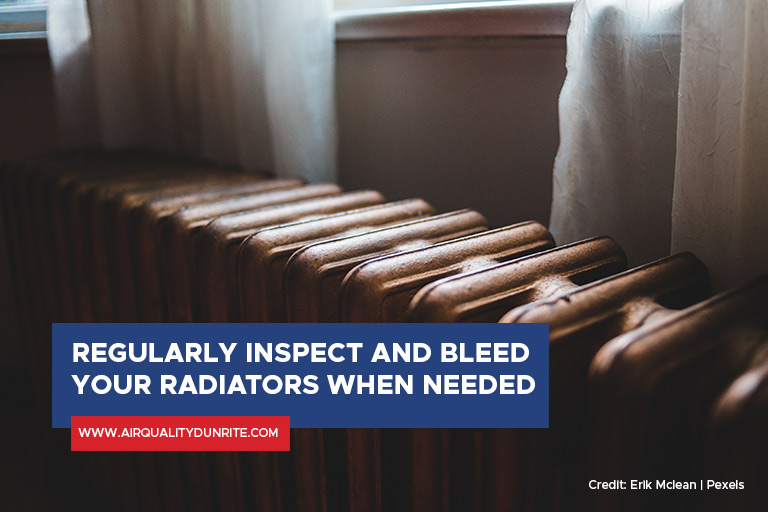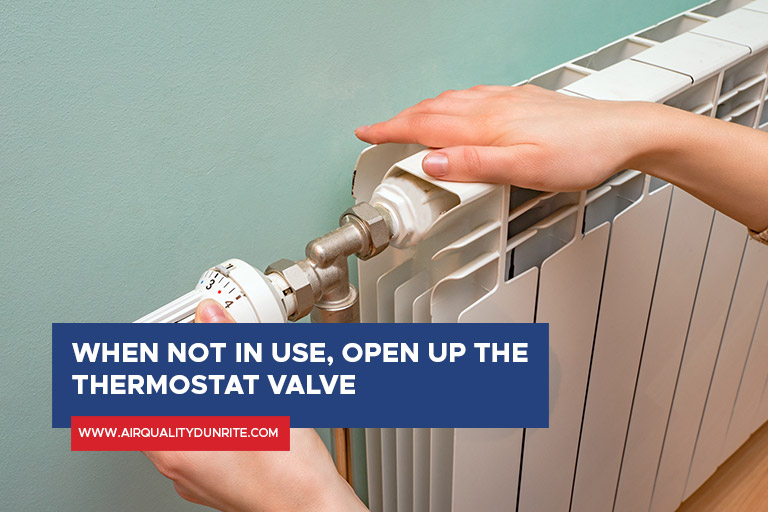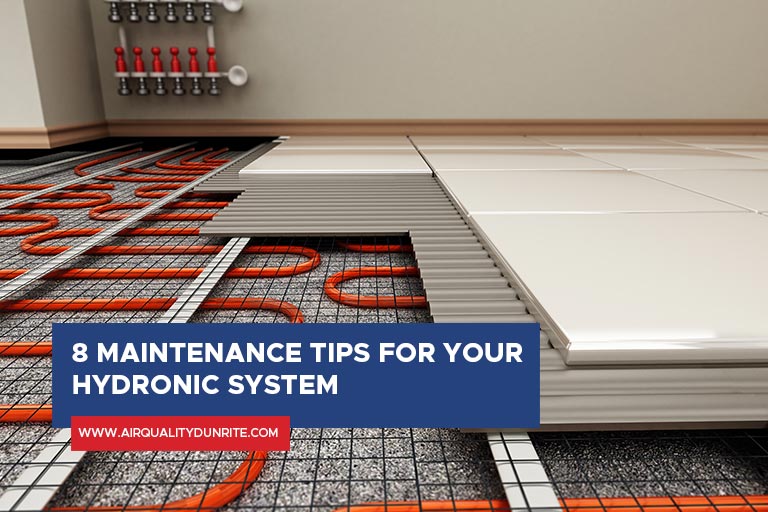Heating is essential during the cold season. Fortunately, modern engineering has developed various ways to provide indoor heating.
The most recommended method is an HVAC hydronic system. Using water and steam to warm up your home, it’s an eco-friendly and affordable system.
What Is a Hydronic System?
This system uses a boiler that heats the water, which then distributes the accumulated heat in coils of pipes that are networked around the house. The hot steam will pass panel radiators, which are embedded in walls and even under the floor. Additionally, a hydronic system works with low water, so you won’t have to worry about ramping up your water bills.
Unlike conventional heaters and air heating unit systems that usually lead to warm air rising to the top of your home, hydronic heating can evenly distribute it, since it doesn’t affect the air pressure inside.
In addition, hydronic systems can do more than just provide heat for the whole house. It can also provide cooling depending on how it was installed and how the specific model operates.
How to Maintain the Hydronic System
Hydronic heating provides various benefits. However, just like any other machine, in order to keep it efficient and in good condition, it has to be maintained regularly. Here are a few maintenance tips:
1. Regularly check the furnace and boiler
The condition of your boiler and furnace can significantly affect the entire performance of your hydronic heater. Since the boiler and furnace are exposed to extreme temperatures and moisture they are prone to rust, calcification, and corrosion, which can lower efficiency. To prevent these, inspect your boiler and furnace once a month.
Remove any debris that may have settled in the furnace or broiler and treat your water for rust for long-term maintenance. Failing to do this will cause your hydronic system to work twice as hard. If you’re experiencing extensive damage, contact an expert furnace repair technician near you.
2. Maintain water levels
A hydronic system only needs a minimal amount of water to operate. However, homeowners often fail to check whether or not the water is at the appropriate level.
Turning on the hydronic system can damage the boiler if it doesn’t have the right amount of water. To prevent damage, you have to look and see if the water level reaches the marker before turning the boiler on.
If the water level is too low, the system will not produce enough heat, too high and it can leave your boiler working twice as hard. If you notice that your water level drops at a rapid rate, call an expert to inspect for leaks.
3. Bleed the radiators

For a radiator to spread the heat around the home evenly, it should be filled with hot air. You can make sure of this by measuring the temperature. If the top part is colder than the bottom, then there may be trapped air inside. This will gradually increase and cause your system to underperform.
To remove trapped air, you have to bleed your radiator. Insert a key into your heating system and turn it clockwise. A hissing sound, caused by the hot air being released, will follow. When water starts to drip, this signals that the internal air temperature has stabilized.
4. Use recommended cleaners
Cleaning products are not made equal. A general cleaner may be too strong or acidic for the fragile parts of your hydronic system and may cause corrosion.
Use cleaning products that have the appropriate pH level to protect your system from damage and to balance the water inside.
5. Schedule a power flush
Sludge composed of dirt, dust, rust, and other sediments can form inside your hydronic system. If left unchecked, this can lower the efficiency of your unit. To prevent this, schedule a power flush every 5 years to remove all the sludge that has clogged up the system.
6. Avoid low-quality parts
Replacement parts for your hydronic heating system should always be of high quality. Using substandard spares will compromise its performance and damage it in the long run. Invest in premium replacements only.
7. Hire professionals
If there are air conditioner repair experts, there are also professional hydronic system mechanics. If you don’t know how to go about the maintenance of your hydronic system, you should contact these experts instead of going the DIY route.
8. Open thermostat valves

Thermostat heads should always remain open while your system is not in use. This will prevent any moisture and rust build up inside. However, doing so may also invite insects to take refuge inside your boilers.
If the system has not been used for an extended period of time, rid it of any pest that may have found its way inside before turning the machine on.
A hydronic system balances the humidity in the home, providing comfort. The moisture it provides prevents your sinuses from drying out, which is a boon to your overall health. It also mimics radiant heating, which is more natural, similar to how the sun warms the environment. To reap the benefits of hydronic heating, it’s important to stay on top of the health of your hydronic system.
If you have any concerns regarding the hydronic system in your Toronto home, turn to Air Quality Dunrite. We have been in the HVAC industry for over 30 years and provide various services including furnace repair and water boiler maintenance. Call us now at (416) 623-2555 for a free estimate.



